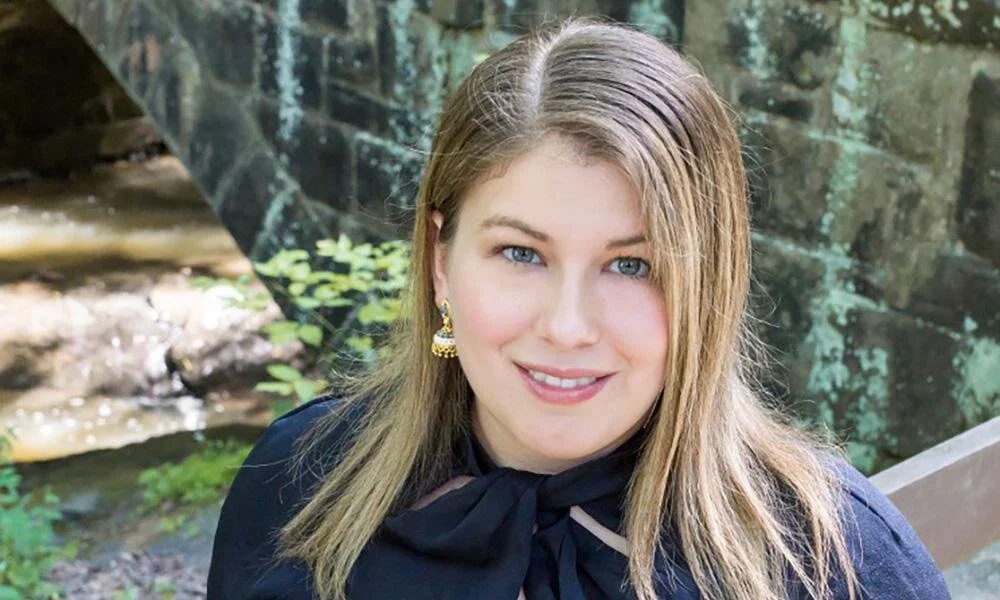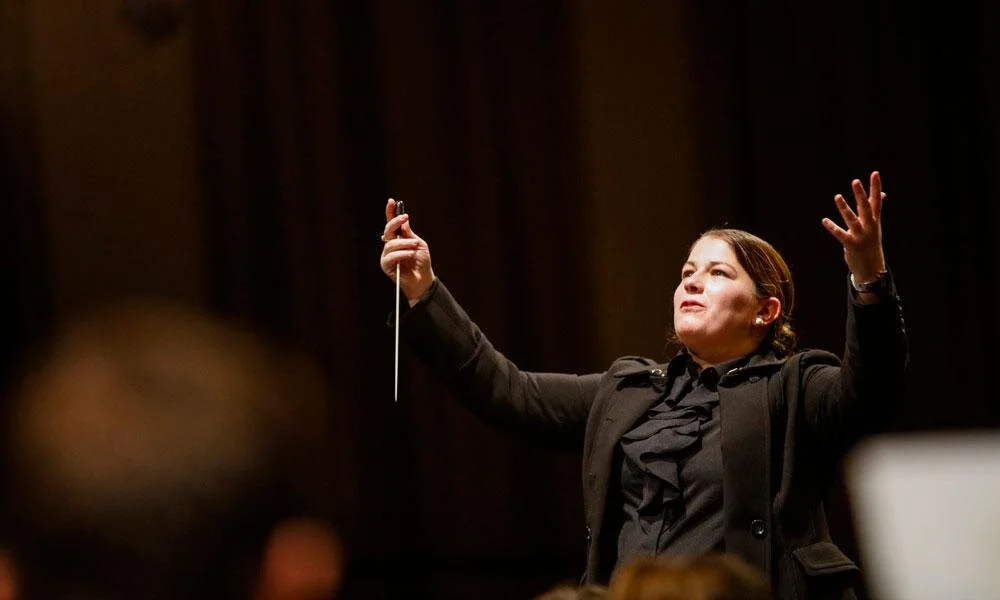Musicians of Rochester: Rachel Waddell
Meet Rachel Waddell. She’s the Director of Orchestral Activities at the University of Rochester.
She describes music as a “performing tool to bring people together" and views her work with the orchestras at the University of Rochester’s River Campus as a chance to have people challenge themselves, and society.
She describes music as a “performing tool to bring people together" and views her work with the orchestras at the University of Rochester’s River Campus as a chance to have people challenge themselves, and society.Waddell describes her work with the students, faculty, and community members who play in her orchestras as, "helping them to continue to realize their potential, not only as individuals, but as an ensemble. Encouraging them to play together, and to know what that means, and to realize how much nicer when you’re playing with a group, when you’re all on the same wavelength and you’re all doing the same thing."
Then she says, "once you have that, you can invite the community – the campus community and the larger Rochester community, and even beyond that – in."
When she was a student, Waddell played music, but didn't start out thinking it would be her career. She recalls, "I wanted to be a marine biologist, I wanted to be a biochemist. I wanted to do historic preservation, and I wanted to be an English major." Her love for music, and the way that conductors can bring people together, led her where she is now.
Over the past two years at the University of Rochester, Waddell has been finding different ways to address "inclusion, diversity, and how we relate to our communities" with the orchestra. As she says, "these aren’t issues that are just going to magically fix themselves – you have to take an active role, every day in thinking of way to fix that."
Some of the creative programs she has produced include an exploration of immigration (in collaboration with the U of R’s Dance and Movement Program), a musical poetry contest for students, and a program commemorating the 100th anniversary of the Russian Revolution. And this weekend, they are getting off campus, for a concert at Two Saints Church in downtown Rochester.
And she’s just getting started. She's interested in hearing from more people who might be interested in collaborating and trying new things, and she continues to challenge herself and the musicians in her orchestras.
"I want to bring in a lot more minority composers, living composers, composers we haven’t performed before, by composers we all know, but their pieces don’t get performed as much. And just really continue to have them challenge themselves as musicians, as intellectuals, and as human beings."
Listen to our full interview below to hear more from Rachel Waddell, including the story of how she helped to transform a youth orchestra and a revelation she had while selling concert tickets.


